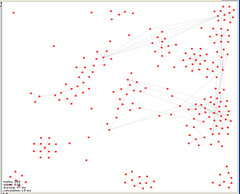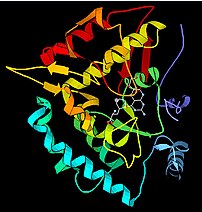
I had a pretty ropey day today. Failing for 45 minutes to do some simple algebra. Transformation overnight that didn’t work…again…and just generally being a bit down what with the whole imploding British science funding situation. But in the midst of this we did one very cool and simple experiment, one that worked, and one that actually has some potentially significant implications. The only things is…I can’t tell you about it.


